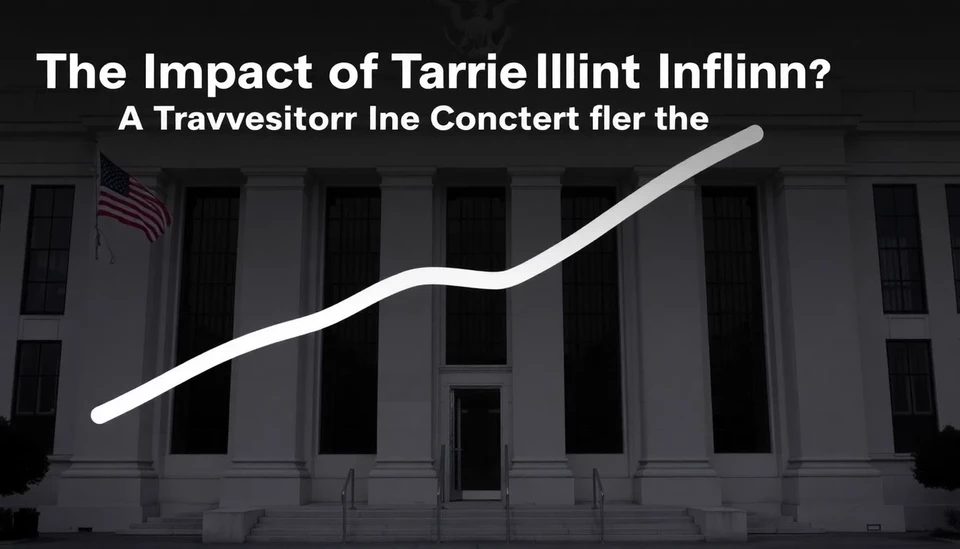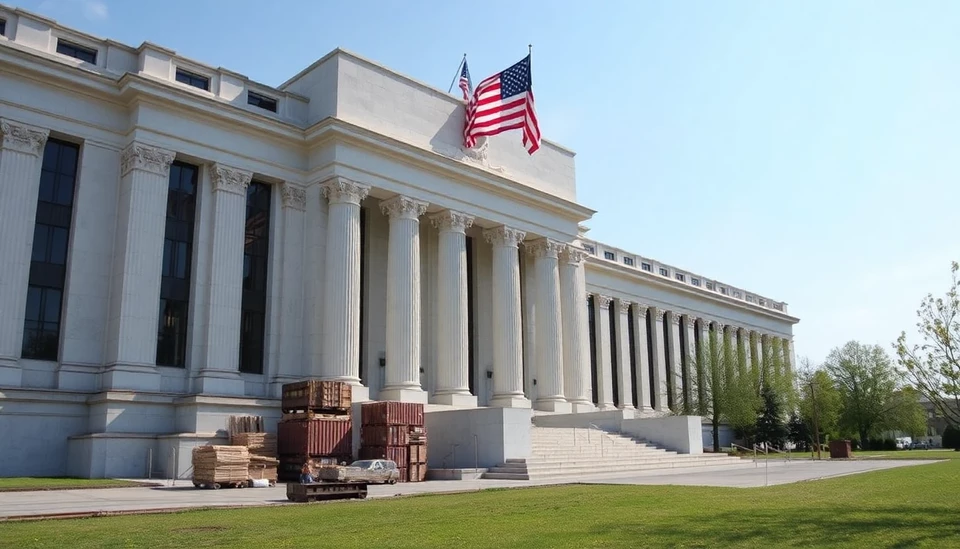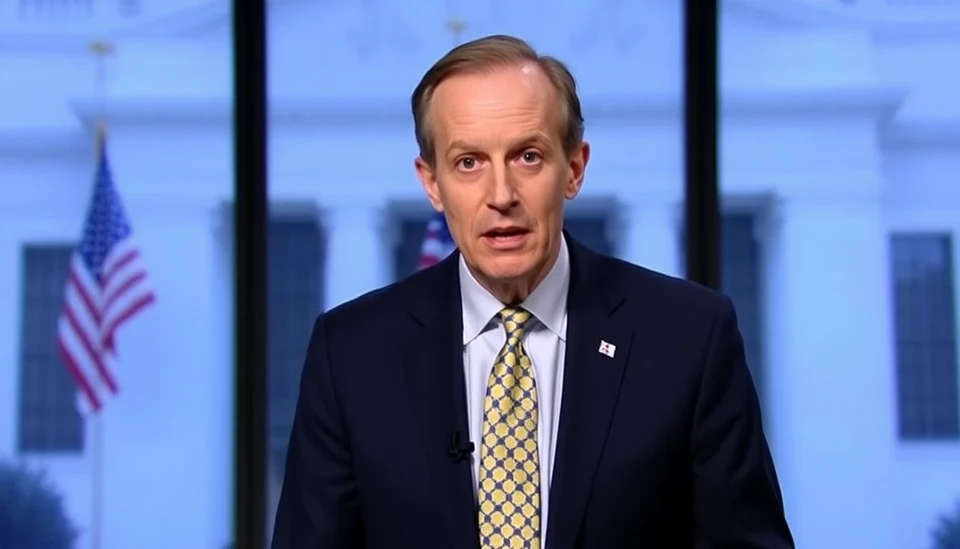
The ongoing discussion surrounding the economic implications of tariff-induced inflation remains a focal point among economists and policymakers. Despite the Federal Reserve’s cautious stance, recent analyses suggest that the inflation resulting from tariffs may be more temporary than persistent. This raises questions regarding the Fed’s response to current inflation trends fueled by trade policies.
As tariffs on various goods have been put into place, experts are observing noticeable shifts in pricing structures. While tariffs are designed to protect domestic industries, their side effects often manifest as elevated prices for consumers. Economic data indicates that consumer goods, heavily impacted by these tariffs, have indeed seen price increases that many believe will not sustain over the long term.
According to analysts, the nature of tariff inflation is likely transitory because it is linked to specific trade policies that can change as political landscapes shift. The expectation is that if tariffs are rolled back or eliminated in the future, the inflated prices will also diminish, stabilizing the overall market.
However, the Federal Reserve remains reticent to categorically label these inflationary pressures as merely transient. The central bank is tasked with maintaining price stability and fostering maximum employment, and inflationary trends—regardless of their anticipated duration—pose challenges to its dual mandate. Fed officials have historically been wary of making definitive claims about the permanence of inflation, largely because such a stance might influence market behaviors and expectations.
Moreover, the Fed’s approach is also grounded in the unpredictability of global supply chains and consumer habits. The interconnected nature of today’s economy means that domestic inflation cannot be viewed in isolation. External factors, including supply shortages and international market fluctuations, play a critical role in shaping inflation and potentially stymying growth.
While some economists predict that as supply chains stabilize, the pressure placed by tariffs could ease, allowing for a decrease in consumer prices, the Fed continues to closely monitor these developments. Recent remarks from Fed Chair Jerome Powell emphasize a careful and considered response to inflation, signifying a reluctance to draw conclusions too early about the future trajectory of prices influenced by tariffs.
In conclusion, while the economic consensus seems to lean towards the belief that tariff-driven inflation will ultimately resolve itself, the Federal Reserve is taking a more guarded approach. This caution could shape monetary policy decisions in the coming months, prompting stakeholders to stay vigilant regarding both domestic and international economic indicators.
#TariffInflation #FederalReserve #EconomicPolicy #MarketTrends #ConsumerPrices #InflationWatch #TradePolicies
Author: Laura Mitchell

